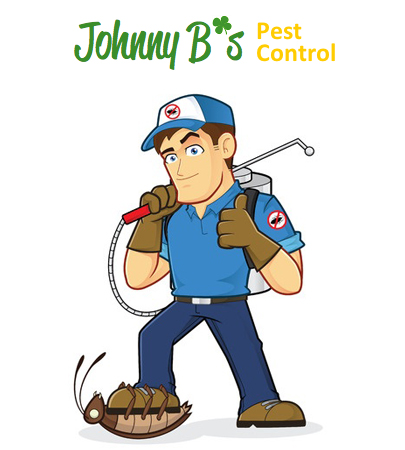With all the news about declining honey bee populations, many people forget about the fact that bumblebees are also major pollinators. Bumblebees are natural pollinators and they are also raised artificially in order to facilitate pollination on large-scale commercial crops. Many of these commercial crops face various threats from industrial activity, insect pests and disease. One little known, yet significant contributor to crop destruction is a disease known as grey mold. The spread of grey mold within crops has the potential to cause serious economic problems as a result of crop destruction, and it is considered a major disease that must be controlled. Grey mold spreads easily via airborne particles, and it mostly effects strawberries and raspberries during their flowering period. At the moment, grey mold is controlled with various pesticides, but researchers have recently developed a novel method of pesticide delivery via bees. These pesticides can be carried and transported to plants by means of pollinating bumblebees.
Grey mold can be a difficult disease to control, as damage from the disease is only noticed once fruit begins to ripen. At this stage in the fruit’s development, the disease is too advanced to control. Bumblebees are ideal insects for the transport of pesticides because their hairy bodies easily hold pesticides in place until they are released onto the flowers that they visit.
As bumblebees leave their hives, they walk through a trey that contains either a formulated microbial fungicide or an antimicrobial insecticide preparation. These chemicals adhere to the bumblebee’s body while they search for flowers to pollinate. Once a bumblebee locates and lands on a flower, the poison solution is transferred to the flowering plant. The poison solution is ultimately transferred to every flower that the bumblebees visit for pollination purposes. The poison solution does not harm the bumblebees or the flowering plants, and it prevents the growth of grey mold. This poison delivery system will soon turn bumblebees into crop protectors as well as pollinators.
Do you think that this new crop-saving contraption will yield positive results?
Stay up to date with Johnny B’s Social Media Pages!

